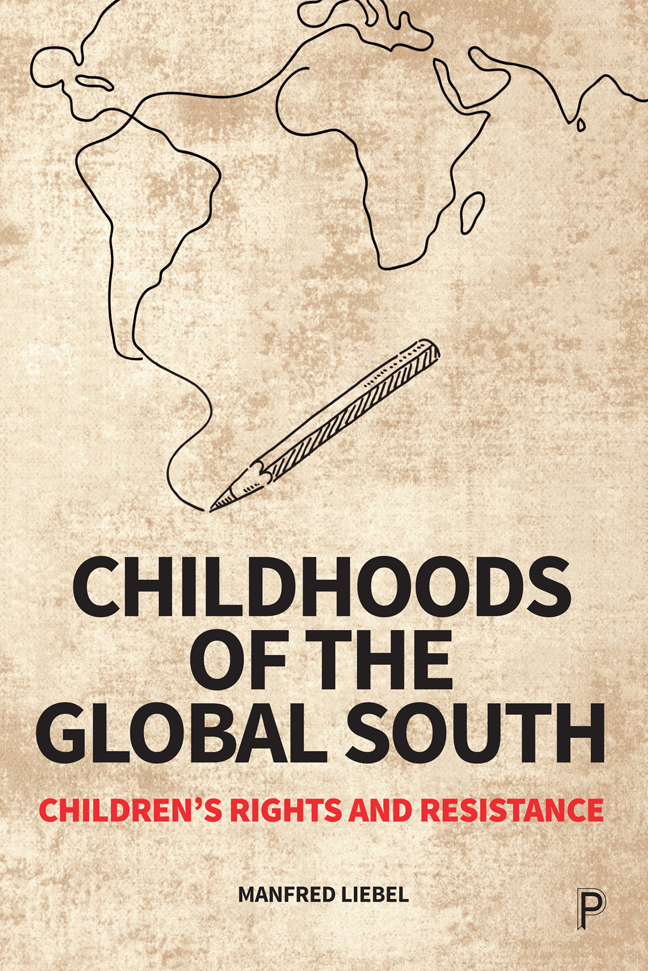Epilogue: Children's rights as counter-rights
Published online by Cambridge University Press: 23 January 2024
Summary
With this book, we hope to have provided numerous reasons to rethink the prevailing discourse and practice of children's rights. As such, we believe it is indispensable to transform the hitherto dominant concepts of (state) law and (subjective) rights. In the international human rights system, the principle of formal equality of legal subjects, which has repeatedly led to ‘paradoxes’ (Brown, 2002) in the enjoyment of rights, has been expanded by the introduction of specific rights (women's rights, children's rights, rights of persons with disabilities, rights of Indigenous peoples, and others) in the sense of powerless and disadvantaged groups of people. But it cannot stop there.
With regard to children's rights, we believe that an essential element of this transformation is to connect these rights with children's concrete experiences. This mediation is envisioned in the concept of Living Rights (Hanson and Nieuwenhuys, 2013; 2020). However, this concept is limited to ‘translating’ the legal rights, that is, those authorized by the state, into children's everyday lives and making visible the contradictions and conflicts of interest that arise. Instead, children, like other subaltern groups of people, would have to be enabled to formulate their own rights and to facilitate their use to shape the reality that surrounds them, without having to rely on or trust state authority (‘state power’).
Where this is done, rights are not formulated in an abstract way as ‘general rights’ that apply and are meaningful to all children in the world in the same way. In fact, they refer to specific life situations and indicate what needs to change in these distinct contexts in order to achieve a safe, dignified and satisfying life. Similarly, they are formulated in a language that does not require expert knowledge or legal experts to understand these rights. In existing legal language, these are understood as ‘moral rights’. In order for them to be understood as being more than moral admonitions that ultimately have no consequences, they rely on processes of self-empowerment that emerge from society and the collective action of young people. Since they have to deal with overcoming unequal distribution of power, they only have a chance if they see themselves as a ‘counter-hegemonic democratic project’ (Buckel, 2021: 270) or as ‘social and political counter-rights’ (Menke, 2018) that not only have their ‘own’ freedom in mind, but want to achieve a different society and world order.
- Type
- Chapter
- Information
- Childhoods of the Global SouthChildren's Rights and Resistance, pp. 198 - 200Publisher: Bristol University PressPrint publication year: 2023



